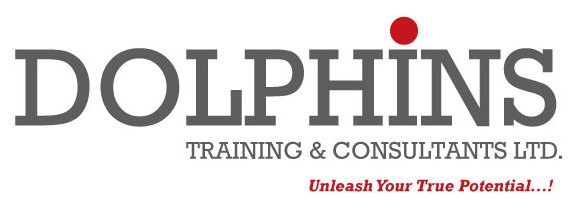Supply Chain and Inventory Management Skills Training & Consultancy
Supply Chain Management can be defined as the management of flow of products and services, which begins from the origin of products and ends at the products consumption. It also comprises movement and storage of raw materials that are involved in work in progress, inventory and fully furnished goods.
The main objective of supply chain management is to monitor and relate production, distribution, and shipment of products and services. This can be done by companies with a very good and tight hold over internal inventories, production, distribution, internal productions and sales.
There are instances where efficiency in supply chain can be ensured by efficiencies in inventory, to be more precise, by maintaining efficiency in inventory reductions. Though inventory is considered a liability to efficient supply chain management, supply chain managers acknowledge the need of inventory. However, the unwritten rule is to keep inventory at a bare minimum.
Many strategies are developed with the objective of streamlining inventories beyond the supply chain and holding the inventory investment as low as possible. The supply chain managers tend to maintain the inventories as low as possible because of inventory investment. The cost or investment related with owning inventories can be high. These costs comprise the cash outlay that is necessary for purchasing the inventory, the costs of acquiring the inventories (the cost of having invested in inventories rather than investing in something else) and the costs related with managing the inventory.
Course Outline
Supply Chain Management
1 – Business-wide Concepts
- Elements of the Supply Chain
- Operating Environments
- Financial Fundamentals
- Enterprise Resources Planning (ERP)
- Lean
- Total Quality Management (TCM)
2 – Demand Planning
- Marketplace-Driven
- Customer Expectations and Definition of Value
- Customer Relationships
- Demand Management
3 – Transformation of Demand into Supply
- Design
- Capacity Management
- Planning
- Execution and Control
- Performance Measurements
4 – Supply
- Purchasing
- Physical Distribution System
Inventory Management Skills Session
1-Introduction to inventory management
- Objectives of inventory planning and stock control
- Reasons to hold inventory
- Inventory information system considerations
- Inventory push vs. pull systems
- Identifying inventory costs
- Customer service in inventory management
2-Description and classification of inventory
- Types of inventory
- The inventory ABC classification ranking model
- Uses of the ABC ranking
- Materials specifications and cataloguing
3-Forecasting demand and lead time
- The inventory order cycle
- Dependent versus independent demand
- Factors affecting demand
- Factors impacting demand forecast accuracy
4-Inventory systems
- Elements of inventory holding and ordering costs
- The Economic Order Quantity (EOQ) model
- Dealing with quantity discounts
- Objectives of safety stocks
- Setting safety stocks
- Determining the Reorder Point (ROP)
5-Counting and controlling inventory
- Importance of accurate inventory records
- Warehousing functions
- Causes of inaccurate inventory records
- Requirements for accurate inventory records
- Reporting record accuracy
- Periodic and cycle counting
6-Reducing inventory investment
- The importance of JIT or pull theory in inventory management to reduce total cost
- Identification of surplus
- Disposal options of excess inventory
- JIT methods
- JIT requirements
- JIT risks
7-Measuring inventory management performance
- Importance of tracking the effectiveness of the inventory planning and control functions
- Reasons behind poor inventory management performance
- Qualities of the inventory specialist
METHODOLOGY
The courses are highly participatory, interactive and backed by thoroughly researched, tried and tested theories and principals (60% Practical 40% theory).The trainers are practicing professional themselves
Thank you.
Corporate Training Development Unit,
Dolphins Training & Consultants ltd
View Park Towers ,10th Fl ,Utalii Lane & L584-off UN Avenue, Gigiri.
P O Box 27859 00100 Nairobi, Kenya Tel +254-20-2211362/4/5 or 2211382 Cell+254-712-636404
training@dolphinsgroup.co.ke www.dolphinsgroup.co.ke
Your No.1 Corporate Training Partner DIT No./ 711
We push the human race forward and so do you….. Unleash Your True Potential….!
